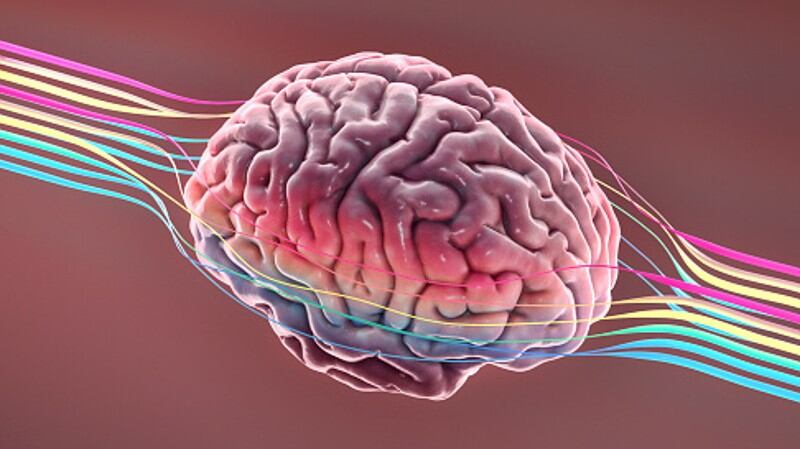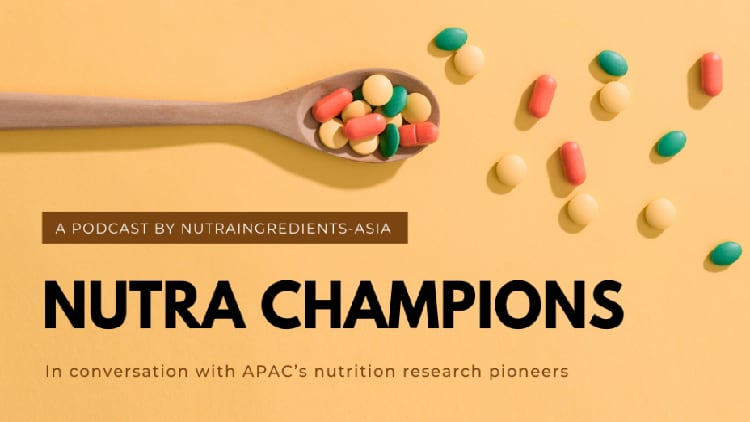That’s according to an expert from Australia’s Deakin University Food and Mood Centre which specializes in researching the role of diet and nutrition for mental health.
“The role that food and nutrition plays when it comes to mental health is a pretty new field of research, but there has been knowledge of a strong association between diet quality and types of food consumed and the positive or negative effects of these on mental health,” Food and Mood Centre Senior Research Fellow Dr Wolfgang Marx told FoodNavigator-Asia after presenting on the topic at the recent Fi Asia Bangkok event in Thailand.
“We do know that diets such as the Mediterranean diet which focuses on whole foods but limits things like red meat and sugary products as well as diets that focus on anti-inflammatory benefits have about 30% effectiveness in reducing the risk of developing depression or other such symptoms.
“We also conducted a trial to look into this in a more scientific manner, the SMILES trial which was performed on 67 adults over a 12 week study that eventually showed that dietary improvement can be an efficacious treatment strategy for depressive illnesses.
“Participants were put on a healthier diet which saw increased diet quality in the form of higher consumption of the key food groups (e.g. whole grains, vegetables, fruit, legumes, low-fat dairy, meat and seafood etc.; and the reduction of foods such as sweets, fried foods, processed meats, sugary drinks and so on.
“The aim was to give them high levels of bioactives that would promote good health in the body, and the dietary intervention did see a significant reduction of symptoms in participants that were already suffering from the disorder, with 32% of those in the dietary support group improving to reach remission criteria.”
Dr Marx and his team believe that this is grounds for dietary interventions to be included as part of treatment plans for existing mental health patients, and could also be beneficial for members of the general public with relevant risks.
“There is cause here for international and national guidelines to more seriously consider dietary interventions as a core part of achieving and preserving mental health, in combination with an overall healthier lifestyle,” he said.
“We have already seen that there are various components at an ingredients level that can be beneficial such as omega-3 which is found in fish like salmon for major depressive disorder, so it is [not such a huge leap] to looking at these from a dietary point of view.”
More studies needed
That said, he also stressed that there is currently a huge need for more studies in this area to be conducted from a dietary and nutraceuticals perspective, as a lot of prior research has been focused on depressive disorders.
“There are many different food ingredients and nutraceuticals out there that may be indicated in mental illness, most of which are generally well-tolerated such as omega-3 or ginkgo or St. John’s Wort,” he said.
“What is needed now is more studies looking into diets and nutraceuticals that could benefit mental illnesses other than depression, as there are numerous interventions out there that could potentially be found in this space.”
He also highlighted that a lot of the research currently has been performed on standalone ingredients but rarely have combinatory effects been studied.
“We see things like fish oil being studied deeply for anti-inflammatory benefits or omega-3 content and how this can help people deal with depression – but what about combining anti-inflammatory fish oil with something like a prebiotic, would the results be improved even further?,” Dr Marx said.
“These are things we need to find out so that patients and general consumers alike can obtain the best benefits from their daily diets.”





